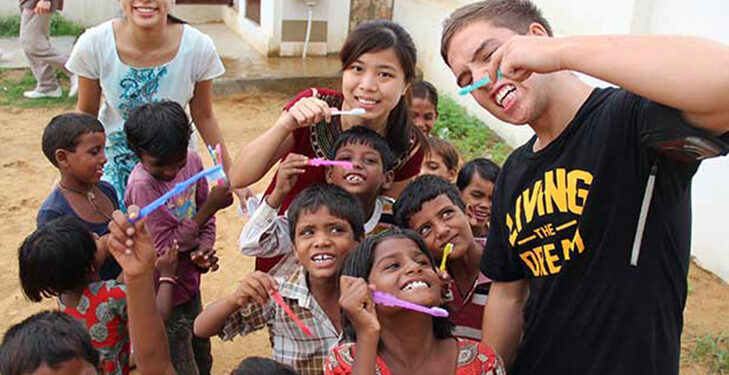Introduction:
The COVID-19 pandemic has had a profound impact on various aspects of society, including childcare volunteering. Childcare volunteers support children’s education, development, and well-being. However, the pandemic has presented numerous challenges to this critical volunteer sector. In this article, we will explore the impact of COVID-19 on childcare volunteering, identify the challenges faced, and discuss potential solutions to overcome them.
Disruption of Volunteer Programs:
One significant challenge childcare volunteering faces is the disruption of volunteer programs due to COVID-19 restrictions. Many organisations had to suspend or limit their volunteer activities to ensure the safety of both volunteers and children. This has resulted in a reduced number of available volunteers and a decreased capacity to meet the needs of children in childcare settings.
Solution: Organizations can adapt their volunteer programs to adhere to public health guidelines while supporting children. This may involve implementing virtual volunteering opportunities, such as online tutoring or mentoring programs, or organising small-scale, socially distanced activities with strict safety protocols in place.
Increased Demand for Childcare Services:
The pandemic has caused disruptions in regular childcare services, including school closures and limited access to in-person learning. As a result, there has been a surge in the demand for childcare support. However, the availability of volunteers has decreased, creating a gap in meeting this increased demand.
Solution:
Organisations can collaborate with educational institutions, community centers, and local authorities to develop innovative solutions. This may include recruiting and training new volunteers, establishing partnerships with online education platforms, or creating remote support systems to assist families with homeschooling or virtual learning challenges.
Safety Concerns for Volunteers and Children:
Volunteers’ and children’s health and safety are paramount during the pandemic. Childcare settings require strict adherence to hygiene protocols and social distancing measures to minimize the risk of COVID-19 transmission. Volunteers may have concerns about their own health and the potential exposure to the virus while working in close proximity with children.
Solution:
Organizations should prioritize volunteer safety by providing comprehensive training on infection control measures, supplying personal protective equipment (PPE), and regularly communicating updates on safety guidelines. Implementing regular testing and screening procedures can help minimize the risk of COVID-19 transmission within childcare settings.
Emotional and Mental Well-being:
The pandemic has taken a toll on the emotional and mental well-being of both volunteers and children. Isolation, anxiety, and stress have become prevalent, affecting the quality of volunteering experiences and the support provided to children.
Solution:
Organizations should prioritise the emotional well-being of volunteers by providing access to mental health resources, organising support groups or counseling sessions, and promoting self-care practices. Incorporating social and emotional learning activities into volunteer programs can also help children cope with the emotional challenges they may be facing.
Technology and Digital Divide:
The shift towards remote learning and virtual activities has highlighted the existing digital divide among children.
Solution:
Organisations can work towards bridging the digital divide by providing technological resources, such as laptops or tablets, to needy children. Collaborating with local businesses, government agencies, or nonprofit organisations can help secure funding or donations for these initiatives.
Conclusion:
While COVID-19 has presented significant challenges to childcare volunteering, it has also created an opportunity for organisations, volunteers, and communities to come together and find innovative solutions. By adapting volunteer programs, prioritising safety measures, supporting emotional well-being, and addressing the digital divide, childcare volunteering can continue to positively impact children.









